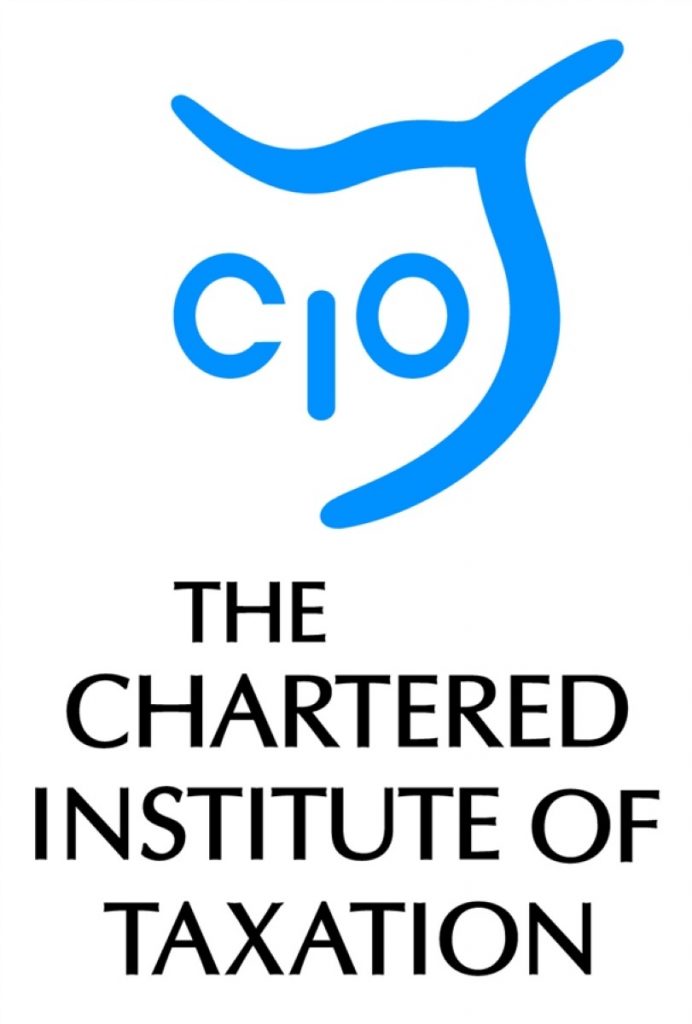Rush to draconian anti-abuse penalties may backfire, warn tax experts
The Chartered Institute of Taxation (CIOT) has warned the Government that its rush to hand out hardline penalties in tax avoidance cases may be counterproductive.
The Institute has reaffirmed its opposition to the General Anti-Abuse Rule (GAAR) penalty, in its recent response to draft Finance Bill legislation1. The CIOT is concerned that penalties under the GAAR are being introduced before a single case has been heard by the GAAR Advisory Panel, despite it being launched in 2013 – and with taxpayers still unsure of what activities will be subject to counteraction.
The CIOT says there is a big risk that the GAAR penalties will be deemed incompatible with the European Convention on Human Rights if they are disproportionate or do not comply with the principles of legal certainty. It means, in a finely balance case, a GAAR Panel or court might be more lenient towards the taxpayer because of the harsh consequences of the 60 per cent of the tax at stake penalty. The GAAR penalty will not deter abusive schemes if the GAAR panel is expected to find in favour of the taxpayer, not HMRC.
John Cullinane, CIOT’s Tax Policy Director, said:
“We recognise that HMRC needs to take action against artificial and abusive tax schemes. However, there needs to be far more information about what the GAAR panel will consider abusive under GAAR, to create a landscape that enables people to fully assess the risk of penalties applying.”
Legislation will be introduced in Finance Bill 2016 to introduce a new penalty for the GAAR. This will be triggered when a taxpayer submits to HMRC a return, claim or document that includes arrangements which are later found to come within the scope of the GAAR.
John Cullinane said:
“We think it is illogical that a person can be penalised for an innocent error of judgement in a more draconian manner than someone who has made a deliberate error.
“The imposition of such automatic penalties could have the consequences of making the courts less receptive to arguments that the GAAR applies, because in marginal cases they may consider the imposition of such penalties to be unfair. It is possible that such significant penalties could prove counterproductive for that reason.”
Notes for editors
1. CIOT’s recent response to HMRC can be viewed here.
2. Existing penalties that relate to GAAR can be viewed here.
3. CIOT’s view on the GAAR when it launched in July 2013 can be viewed here.
4. The Chartered Institute of Taxation (CIOT)
The CIOT is the leading professional body in the United Kingdom concerned solely with taxation. The CIOT is an educational charity, promoting education and study of the administration and practice of taxation. One of our key aims is to work for a better, more efficient, tax system for all affected by it – taxpayers, their advisers and the authorities. The CIOT’s work covers all aspects of taxation, including direct and indirect taxes and duties. Through our Low Incomes Tax Reform Group (LITRG), the CIOT has a particular focus on improving the tax system, including tax credits and benefits, for the unrepresented taxpayer.
The CIOT draws on our members’ experience in private practice, commerce and industry, government and academia to improve tax administration and propose and explain how tax policy objectives can most effectively be achieved. We also link to, and draw on, similar leading professional tax bodies in other countries. The CIOT’s comments and recommendations on tax issues are made in line with our charitable objectives: we are politically neutral in our work.
The CIOT’s 17,500 members have the practising title of ‘Chartered Tax Adviser’ and the designatory letters ‘CTA’, to represent the leading tax qualification.





-01.png)